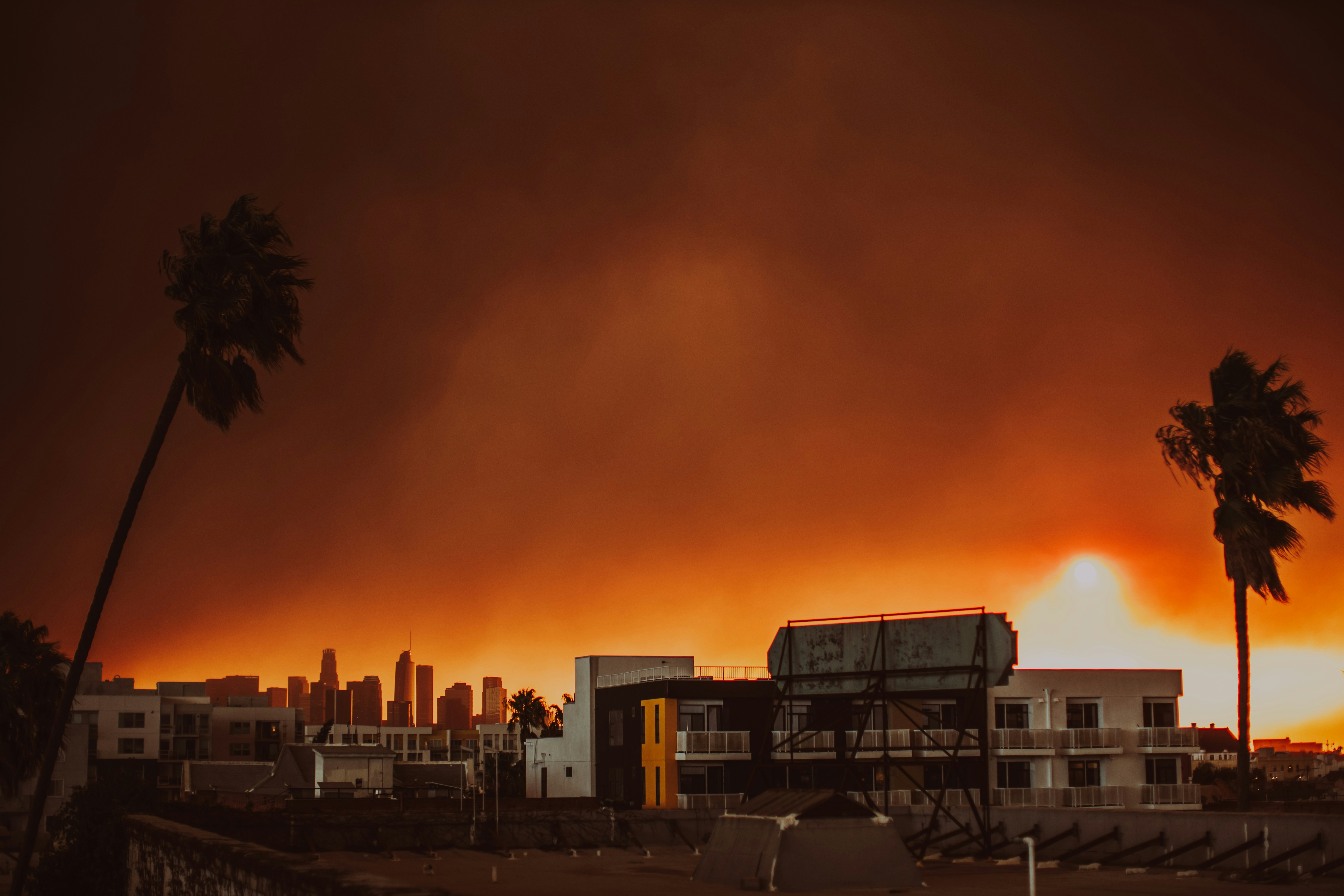What The LA Fires Can Teach Us About Personal Disaster Preparedness
Disaster preparedness feels like an oxymoron. After all, how exactly can we truly prepare for disasters? But as we’ve seen from the Los Angeles fires, the need to make preparations for the unthinkable can be the difference between life and death.
Disaster preparedness feels like an oxymoron. After all, how exactly can we truly prepare for disasters? But as we’ve seen from the Los Angeles fires, the need to make preparations for the unthinkable can be the difference between life and death. While it might be true that we cannot fully prepare for every single disaster, there are things we can do in certain circumstances that will definitely help.
When preparing to evacuate, remember to gather your “Ps”:
People and Pets:
Gather all of your folks together. Make sure to reach out to neighbors and nearby relatives ensuring that they received the evacuation order, especially your elderly neighbors and relatives. Keep lines clear to receive updates and notices. This includes our pets as well. Don’t forget to pack your pet’s food and any other pet essentials.
Prescriptions:
Pack all of your essential prescriptions and daily medications. If you don’t take daily medications, consider essential medications such as pain relievers, cold medicines, and eye drops. That includes things like your inhalers, your glasses, or your contact lenses. Make sure all of your meds are in their proper dosages and have them ready to go.
Papers:
Have your important documents together and ready to go. Things like your ID, birth certificate, legal certificates, passport, and any other vital documents are crucial to have. Try to keep all of these documents in one place.
Another important thing to do, If you are able to, have pictures of your home with you. In case there is any destruction, these photos will be helpful for any claims later.
In addition to important paperwork, having paper maps of escape routes and potential shelters is important. In the likelihood of losing wifi access or phone signals, a legible map will be vital.

Personal Needs:
This area will largely vary based upon your personal needs, the season, and the type of disaster, but a good place to start is clothing and sanitation needs. Pack several days worth of weather appropriate clothing and undergarments for each person. Also, think of closed toe comfortable shoes that you can wear for several hours at a time. Remember, this is less about fashion and more about function.
Do not forget your first aid kit. Worse case scenario, it might be essential as you evacuate.
Sanitary needs will also fall into this category. Pack your essential things like soap, toothpaste, floss, shampoo, conditioner, diapers and wipes, menstruation products, and any other daily essentials you think you might need.
Pack water and several days of nonperishable simple foods. Think of things that can easily be opened that you can eat for several days.
Also consider things that you might need: blankets, flashlights, batteries, charging ports, and cables.
Priceless Possessions:
Grandma’s recipe book, an heirloom quilt, Pop Pop’s watch; these are items that you won’t be able to replace but have great sentimental value. If it’s portable, and you are able to take it, then by all means. One of the most devastating parts of these disasters is the destructive toll they will take. You will lose things in fires, floods, and other disasters. It is good to save what you can within reason.




